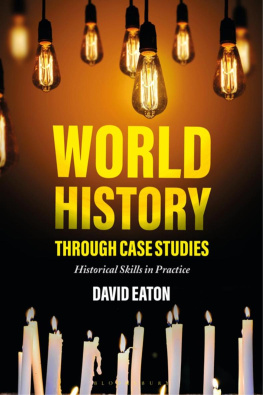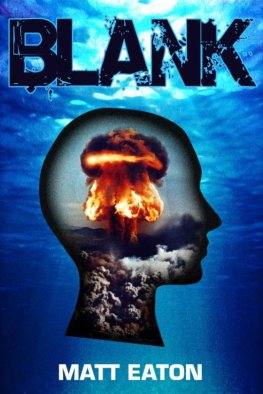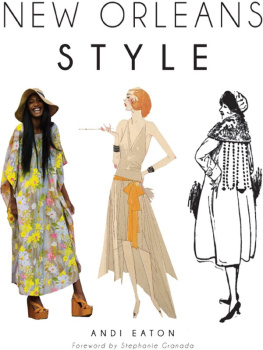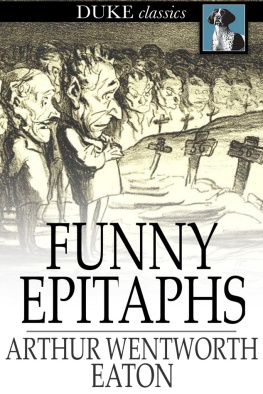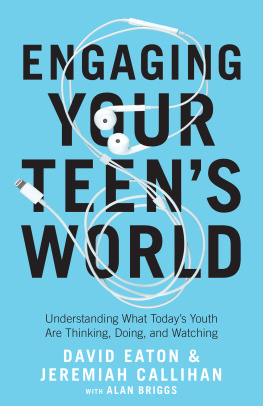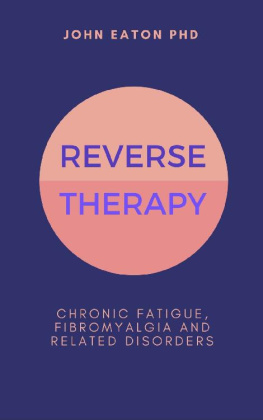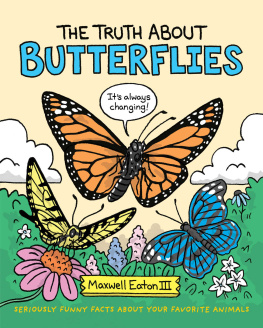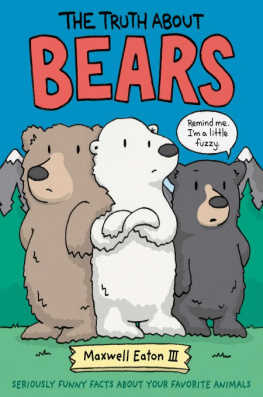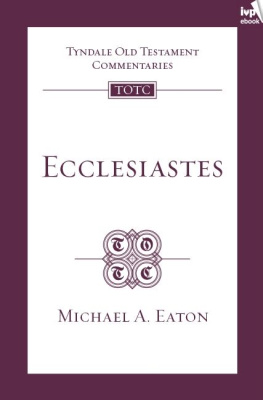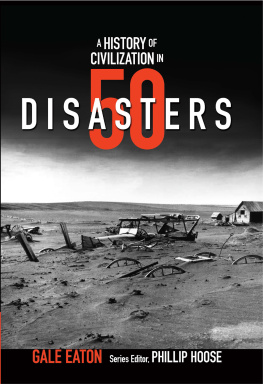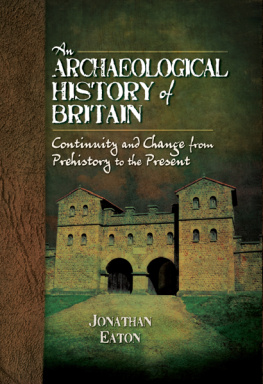World History
through Case
Studies
ALSO FROM BLOOMSBURY
Published:
Debating New Approaches to History (2018)
Edited by Marek Tamm and Peter Burke
The World since 1945 (2016)
P. M. H. Bell and Mark Gilbert
World Histories from Below (2016)
Edited by Antoinette Burton and Tony Ballantyne
Forthcoming:
Essential Skills for Historians
Edited by J. Laurence Hare, Jack Wells and Bruce E. Baker
History in Practice (3rd Edition)
Ludmilla Jordanova
Writing History (3rd Edition)
Edited by Stefan Berger, Heiko Feldner and Kevin Passmore
Any work of world history is in some sense a collective endeavor, and this book is no exception. Professors, teachers, and the students in my world history classes all provided moments of inspiration, and if I forget any names, I apologize in advance.
This book came into being thanks to the support of Emma Goode. As she moved on to new endeavors, Gopinath Anbalagan, Sophie Campbell, and Dan Hutchins offered invaluable assistance. Some of the ideas contained in this book were presented at the World History Seminar Series at MIT and Wayne State University. Special thanks to Sana Aiyar and Jennifer Hart for organizing these sessions and to Pouya Alimagham, Kate Luongo, Kenda Mutongi, Hiromu Nagahara, and Malcolm Purinton for their comments. Other chapters were presented at the annual meetings of the American Historical Association and World History Association (WHA). Thanks to the audience members for their thoughtful suggestions.
Grand Valley State University has been my home since 2009, and I have been very fortunate to work alongside an incredible range of colleagues. Micah Childress, Matthew Daley, Whitney Dirks, Gretchen Galbraith, Abby Gautreau, Timothy Lombardo, William Morison, Jeffrey Rop, Stephen Staggs, and Sarah Tate helped me come to grips with the enormity of history survey courses in a variety of ways. Several colleagues volunteered their time to read and comment on draft chapters. Thanks to Alice Chapman, Grace Coolidge, Jason Crouthamel, Mike Huner, Chad Lingwood, Louis Moore, Paul Murphy, Andrew Peterson, Patrick Pospisek, Patrick Shan, Tammy Shreiner, David Stark, David Zwart, and the two anonymous reviewers for greatly improving the quality of this manuscript. Needless to say, any remaining errors are my own.
Special thanks are necessary for several colleagues. Mike Huner and I found ourselves teaching world history despite backgrounds in much narrower fields, and our collective efforts to come to grips with this were part of the genesis for this book. He also encouraged me to use sessions at the Great Lakes History Conference as a platform to explore some of the ideas presented here. Tammy Shreiner was an important link to the larger field of history education, and her thoughtful approaches to teaching have been a constant source of inspiration. Her studies of how teachers read and present data inspired the final chapter of this book, and I am grateful that she encouraged me to engage in the vital work of writing high school world history standards. David Zwart introduced me to Stephen Lvesques Thinking Historically through a department teaching circle, and pushed me to think harder about how procedural concepts can be integrated into survey classes. He epitomizes the colleague whose door is always open, and many of the ideas in this book germinated during conversations with him. Finally, Craig Benjamin was a crucial interlocutor as I began to explore the field of world history. His bubbling enthusiasm for the subject is truly contagious, and when I approached him about how to improve my world history teaching he made the crucial suggestion that I attend The Read.
The Read refers to the once-a-year gathering of teachers and professors to grade the AP World History exams. It represents the largest meeting of world historians on the planet and for a time this course could justifiably claim to be one of the best in the field. I have met countless people here who have gotten me through the excruciatingly long days of marking and changed the way I think about world history, including Eric Beckman, Dawn Bolton, Kristen Collins, Sara Dahl-Wyland, Karen Fry, Karol Giblin, Sam Greene, Rebecca Hayes, Bram Hubbell, Eric Jones, Angela Lee, Suzanne Litrel, Craig Miller, Zachary Morgan, TJ Sakole, Asma Shakir, Bill Strickland, Jennifer Sweatman, Jennifer Wahl, Rick Warner, and David White.
It was also at The Read that I met Matt Drwenski. His perspectives on world history transformed my understandings of the subject, and led to the creation of On Top of the World, our podcast on world history. This show was designed to bridge the gap between world history teaching and research, and four years later I am delighted with the results. Thanks to our guests including Valeria Alvarado, Andrew Behrendt, Craig Benjamin, Jack Bouchard, Niklas Frykman, Rob Guthrie, Lauren Janes, Eric Jones, Henrik Lohmander, Katey Mayberry, Peter Nicholson, Andrew Peterson, Tammy Shreiner, Mike Vann, Rick Warner, and Molly Warsh for being part of the show.
The ethos of the podcast was shaped by both The Read and the WHA. The WHA is one of the few professional organizations that integrates high school teachers and college instructors under a single umbrella, and its annual meetings have always been a wonderful experience. Special thanks to the fascinating world historians Ive met here, including Bob Bain, Eileen Baranyk, Mike Burns, Amanda DoAmaral, Ross Dunn, Leah Gregory, Alex Holowicki, Alan Karras, Gerard McCann, Amy Manlapas, Patrick Manning, Maryanne Meckel-Rhett, Laura Mitchell, Elizabeth Pollard, Jake Pomerantz, Jonathan Reynolds, Louisa Rice, Christoph Strobel, Kerry Ward, and Merry Wiesner-Hanks.
Closer to home, my sister, Heather Eaton, was a constant source of inspiration even if I could barely comprehend her cutting edge virology research. My parents, Dennis and Helen Eaton, have been my biggest fans as I slowly put this book together. I am forever grateful that they did not try to dissuade me when, as a precocious teenager, I decided I wanted to be a history professor. Their steadfast support enabled me to survive the precarity of life as a grad student and contingent faculty member while I struggled to land a tenure-track job. Without that support, this book would not have been possible.
Andrea Melvin, my wife and partner, offered love and patience as this manuscript consumed an ever-growing proportion of my time and energy. Her understandings of gender, material culture, public history, and fashion forced me to recognize my own blind spots on these subjects, and in this book I try to make partial amends. And last but not least, Michael entered our lives just as this book neared completion. We have no idea what the future holds, but in the past four months he has filled our hearts and house in ways that make it hard to imagine how we ever lived without. The sudden experience of parenting has made me more aware of the importance of public education, and my hope is that his world history classes are taught by instructors as passionate as those listed above. All the love in the world to all of you.
Key Sites from the Book.



